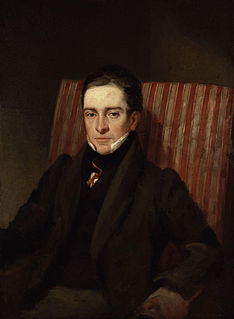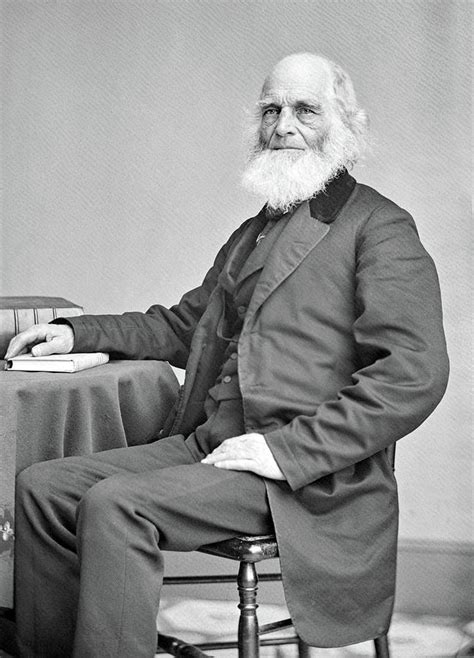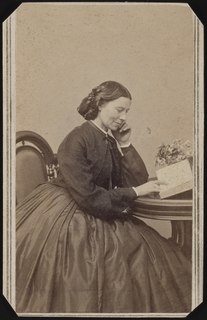A Quote by Oliver Goldsmith
Wept o'er his wounds, or tales of sorrow done, Shoulder'd his crutch, and shew'd how fields were won.
Related Quotes
I wept bitterly, surrendering momentarily to my fear and heartbroken confusion, but slowly I began to quiet a bit, as Jamie stroked my neck and back, offering me the comfort of his broad, warm chest. My sobs lessened and I began to calm myself, leaning tiredly into the curve of his shoulder. No wonder he was so good with horses, I thought blearily, feeling his fingers rubbing gently behind my ears, listening to the soothing, incomprehensible speech. If I were a horse, I'd let him ride me anywhere.
A silence, the brief Sabbath of an hour,
Reigns o'er the fields; the laborer sits within
His dwelling; he has left his steers awhile,
Unyoked, to bite the herbage, and his dog
Sleeps stretched beside the door-stone in the shade.
Now the gray marmot, with uplifted paws,
No more sits listening by his den, but steals
Abroad, in safety, to the clover-field,
And crops its juicy-blossoms.
Svengal lay groaning on the turf. His thighs were sheer agony. His buttocks ached. His calf muscles were on fire. Now, afterhe had tumbled off the small pony he was riding and thudded heavily to the turf on the point of his shoulder, the shoulder would hurt too. He concentrated on trying to find one part of his body that wasn't a giant source of pain and failed miserably. He opened his eyes. The first thing he saw was the face of the elderly pony that he had been riding peered down at him. Now what made you do a strange thing like that? The creature seemed to be asking.
The first man . . . ventured to call food and nourishment the parts that had a little before bellowed and cried, moved and lived. How could his eyes endure the slaughter when throats were slit and hides flayed and limbs torn from limb? How could his nose endure the stench? How was it that the pollution did not turn away his taste, which made contact with the sores of others and sucked juices and serums from mortal wounds?
He's at ease, his body sculpted to the music, his shoulder searching the other shoulder, his right toe knowing the left knee, the height, the depth, the form, the control, the twist of his wrist, the bend of his elbow, the tilt of his neck, notes digging into arteries, and he is in the air now, forcing the legs up beyond muscular memory, one last press of the thighs, an elongation of form, a loosening of human contour, he goes higher and is skyheld.
I promised I'd save him, take him home! I promised him!" . . . Thomas hugged Chuck to his chest, squeezed him as tightly as possible, as if that could somehow bring him back, or show thanks for saving his life, for being his friend when no one else would. Thomas cried, wept like he'd never wept before. His great, racking sobs echoed through the chamber like the sounds of tortured pain. (pg 358 hardback)






































